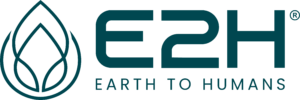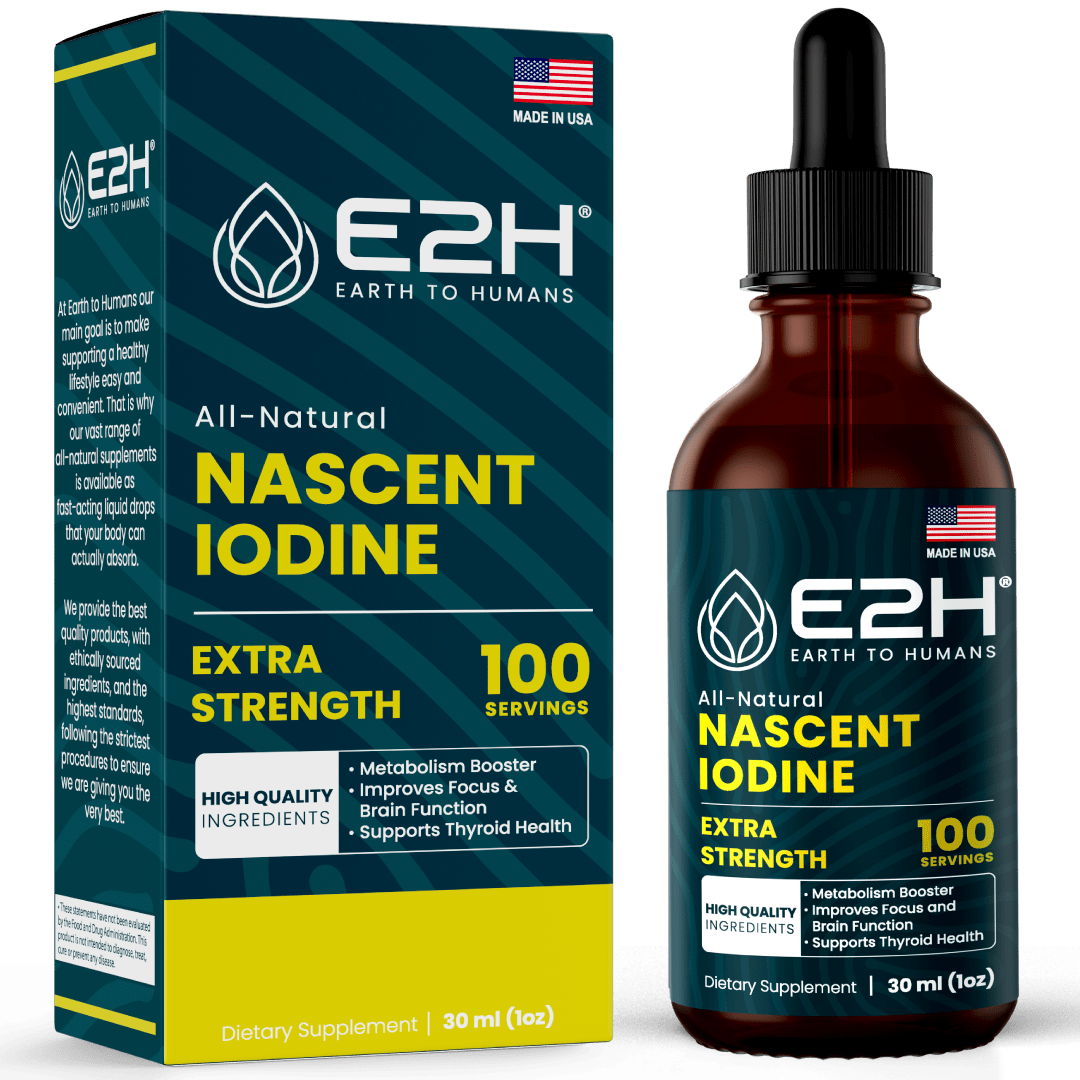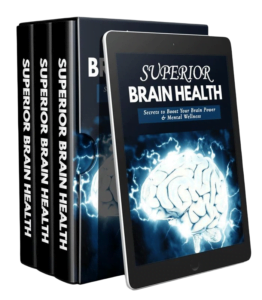When Should You Use Iodine Supplements: Iodine supplements should be used when there is a diagnosed iodine deficiency or when advised by a healthcare professional based on individual needs and specific health conditions.
Why is iodine essential?
Iodine is essential for thyroid gland function. Important thyroid functions include the regulation of:
- Metabolism
- Heart rate
- Growth
- Body temperature

It also plays a role in fetal brain development, intestinal motility stimulation, nerve maturation, and bone development.
What can happen due to chronic iodine deficiency?
Iodine is essential for proper thyroid function, and without enough iodine, the thyroid gland cannot produce the hormones it needs to regulate the body’s metabolism. This can lead to many problems, including weight gain, fatigue, and depression. [1] Chronic iodine deficiency can cause several health problems, including:
- Goiters (neck swelling)
- Cretinism (iodine deficiency in children causing abnormal bone growth, thickened facial features, poor feeding, etc.)
- Mental retardation
- Dry and scaly skin
- Hair loss
- Decreased heartbeat
- Feeling colder than usual
- Irregular periods in women
What is the recommended daily iodine intake?
Age, pregnancy status, and underlying health conditions determine the iodine requirement. However, NIH (National Institutes of Health) has recommended the following daily dietary intake of iodine: [2]
Age Recommended Iodine value
- Babies < 6 months 110 mcg
- Babies: 6 months— 1 year 130 mcg
- Children: up to 8 years 90 mcg
- Children: 9 — 13 years 120 mcg
- Teenagers and adults 150 mcg
- Pregnant females 220 mcg
- Nursing moms 290 mcg
Benefits of Iodine supplements
Do you feel tired all the time? Are you fed up with seeing your clothes getting tighter and tighter because you have been gaining weight? All you might need is an iodine supplement. These supplements play a vital role in regulating your metabolism. Iodine is necessary for the proper development and function of the brain and nervous system. Iodine supplements are recommended for all pregnant women or planning to become pregnant.
Promote thyroid hormones production
Iodine is an essential element for the synthesis of thyroid hormones. Pregnant and lactating women need higher amounts of iodine. [3] The best way to get the RDA for iodine is to eat a well-balanced diet that includes iodized salt and foods rich in iodine, such as seafood, dairy products, eggs, and soybeans. Thyroid hormones regulate body temperature and cognitive function, give energy and improve gut function.
Keep your hair, nails, and skin healthy.

- Hair: Iodine can help improve your hair’s condition by strengthening it and preventing dandruff and other scalp problems.
- Nails: Iodine can also help to strengthen your nails and prevent them from breaking or splitting.
- Skin: Iodine improves the appearance of your skin by making it softer and smoother. It can also help to clear up acne and other skin blemishes.
Iodine supplements are easy to use. You can add these supplements to water, smoothies, or shakes.
It gives your body a boost
Iodine plays a role in brain development. [4] Iodine gives your body energy and boosts your mind. Iodine supplements clarify your mind. They help prevent annoying mental gaps that aggravate when used regularly. Iodine supplements boost your mind, sharpen your mind, and make you more productive.
FAQs
When should I consider using iodine supplements?
Iodine supplements are typically recommended when there is a diagnosed iodine deficiency confirmed through medical testing. It is important to consult with a healthcare professional who can assess your individual needs and determine if supplementation is necessary.
Are there specific populations that may benefit from iodine supplements?
Certain populations, such as pregnant women, breastfeeding women, and individuals with restricted diets (e.g., vegans or those with limited seafood intake), may have higher iodine requirements. In such cases, healthcare professionals may recommend iodine supplements to ensure adequate intake and support overall health.
Can I start taking iodine supplements without medical advice?
It is advisable to consult with a healthcare professional before starting iodine supplementation. They can assess your iodine levels, overall health, and potential interactions with other medications or medical conditions. Self-supplementation without proper guidance may lead to imbalances or adverse effects, so professional guidance is essential.
Conclusion
In conclusion, the use of iodine supplements should be based on a diagnosed iodine deficiency or under the guidance of a healthcare professional. While certain populations may have higher iodine requirements, it’s important to consult with a healthcare provider to assess individual needs. Self-supplementation without medical advice can lead to imbalances or adverse effects, so professional guidance is crucial for the appropriate use of iodine supplements.
References
1. Brantsæter, A. L., Garthus-Niegel, S., Brandlistuen, R. E., Caspersen, I. H., Meltzer, H. M., & Abel, M. H. (2022, September 9). Mild-to-moderate iodine deficiency and symptoms of emotional distress and depression in pregnancy and six months postpartum – results from a large pregnancy cohort. Journal of Affective Disorders. Retrieved October 15, 2022, from https://www.sciencedirect.com/science/article/pii/S0165032722010047#!
2. U.S. Department of Health and Human Services. (n.d.). Office of dietary supplements – iodine. NIH Office of Dietary Supplements. Retrieved October 15, 2022, from https://ods.od.nih.gov/factsheets/Iodine-Consumer/
3. Garnweidner-Holme, L., Aakre, I., Lilleengen, A. M., Brantsæter, A. L., & Henjum, S. (2017, May 13). Knowledge about iodine in pregnant and lactating women in Oslo, Norway. Nutrients. Retrieved October 15, 2022, from https://www.ncbi.nlm.nih.gov/pmc/articles/PMC5452223/
4. Choudhry, H., & Nasrullah, M. (2018, June 1). Iodine consumption and cognitive performance: Confirmation of adequate consumption. Food science & nutrition. Retrieved October 15, 2022, from https://www.ncbi.nlm.nih.gov/pmc/articles/PMC6145226/
His research and writing have been featured in numerous publications, and he is dedicated to helping people understand the importance of these vital nutrients in maintaining optimal health. If you're looking to improve your well-being through diet and nutrition, Christopher is the expert to turn to.
- Can I Take Maca and Ashwagandha Together: YES! - January 7, 2024
- Can You Take Ashwagandha And Liquid Chlorophyll Together: YES! - January 7, 2024
- Can You Take Shilajit and Ashwagandha Together? - January 7, 2024










